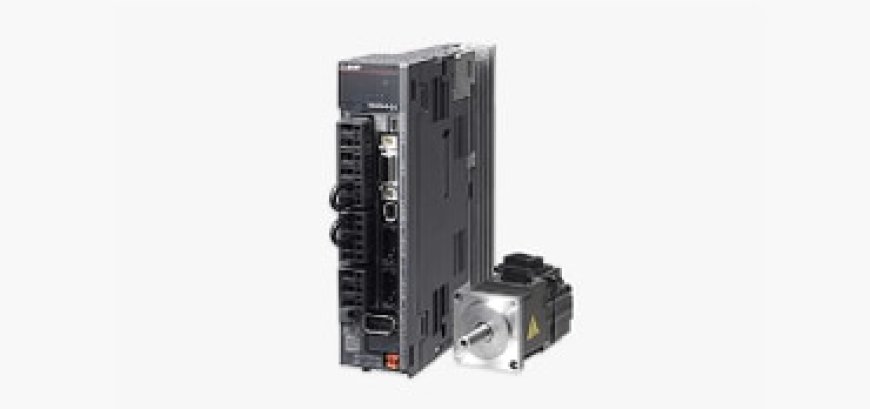An Overview of Factory Automation
Factory automation involves implementing methodologies to automate the entire manufacturing process, aiming to boost productivity, reduce human effort, improve quality, and lower costs.

As the name suggests, factory automation is a process in which different methodologies are implemented for automating the end-to-end manufacturing process. The ultimate goal of this is to enhance productivity and reduce human effort. Other than this, it also helps in quality improvement and overall cost reductions.
How It Works
Factory automation involves the use of computerised control systems for carrying out various operations in the manufacturing process. This can also include the use of a computer controller that matches specific tasks to pre-defined values to perform a wide range of operations, including assembling, processing, inspection, or material handling.
Some of the most commonly used components and controllers that are used for factory automation include:
- Programmable Logic Controllers (PLCs)
- Graphic Operation Controllers (GOCs)
- Motion Controllers
- Industrial Robots
- Human Machine Interfaces (HMIs)
Benefits of Factory Automation
The degree of automation of a manufacturing process depends on several criteria, like the type of processes involved, budget, etc. However, regardless of the level of penetration of automation, factory automation offers a range of benefits, including:
· Lower Operating Costs
Machines can perform specific tasks faster than humans and also with higher accuracy, which also means minimal material waste. Overall, factory automation, whether of a single process or throughout, can result in significant cost reductions.
· Better Safety
Automated systems eliminate the need to deploy human resources for dangerous, hazardous, or otherwise unsuitable environments. By delegating labour-intensive and hazardous tasks to machines, companies can create a safer working environment for their employees.
· Reduced Factory Lead Times
With the help of factory automation, it becomes easier to keep processes in-house. This leads to relatively better process control and lower lead times.
· Higher ROI
A business can choose its automation solutions on the basis of specific requirements and end goals. This can definitely help them achieve higher ROIs as well.
· Smaller Environmental Footprint
With more streamlined processes, businesses can reduce the amount of scrap and carry out operations in lesser space using lesser energy. All these factors help reduce the environmental footprint as well.
Given all these benefits, factory automation is a compelling way to maximise productivity, increase efficiency, and safety, and reduce operational costs. In today’s highly competitive scenario, this is becoming an absolute necessity for businesses.

 siddharthsengar
siddharthsengar